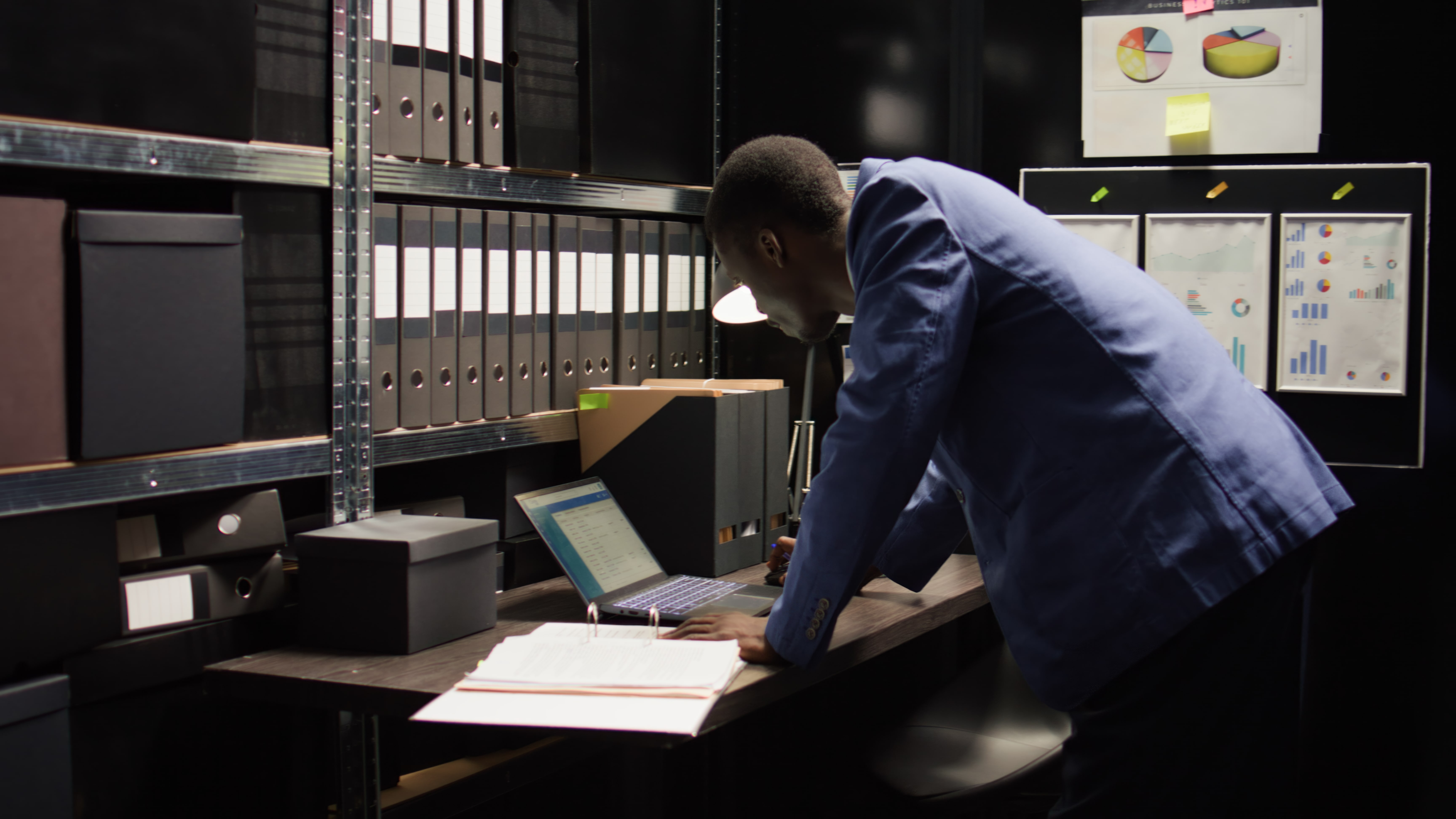Pre-Charge Investigation


If you have been made aware that you are under investigation or the police have made contact in some way, the shape of your case is still being formed. With a pre-charge investigation in the UK, the police, or another body, are gathering evidence and deciding whether to charge you or whether there is an alternative route. What you do now matters more than anything else.
At Holborn Adams, we act early. We review what the investigators already know and identify what you may not know yet. We seek to steer outcomes away from court if possible as once the charge is filed, the playing field changes.
What is a Pre-Charge Investigation in the UK?
What Happens During The Investigation Stage?
In simple terms, the police or investigating agency begin enquiries before any formal charge is laid. They might interview you under caution or invite you to attend voluntarily. They may seize your devices, obtain witness statements, pull CCTV, and ask for information under the Police and Criminal Evidence Act 1984 (PACE).
They also apply the Code for Crown Prosecutors (2018) to assess: Is there a realistic prospect of conviction? Is it in the public interest to prosecute? If the answer to both is “yes”, the case may be charged. If “no”, it might stop. It means that the investigation phase is a pivot point.

When Does It Begin, and When Might It End?
The investigation begins the moment you become a suspect. That may be after arrest, after being interviewed under caution, or when you become aware that you are the subject of investigation. It ends when either:
- A decision is made not to charge (a “no further action” outcome)
- Charges are filed
How soon one of those happens depends entirely on the facts, complexity, number of defendants, forensic issues, digital data and expert evidence. Since real cases routinely require multi-agency input, this phase can stretch for weeks, sometimes months.
Does Every Investigation Lead to a Charge?
No. Some never do. Where the evidence is weak, contradictory, or in the public interest, it’s deemed not appropriate to prosecute, and the investigating authorities may drop the case. In those situations, a proactive defence approach can make a huge difference: representations may be made early to the police or the Crown Prosecution Service (CPS), arguing simply that there’s no realistic prospect of conviction or that a prosecution does not serve the public interest. At Holborn Adams, we work with clients on this very point: early evidence gathering, witness identification, messages, location data - all tools to influence the pre-charge stage.
Should I Speak to the Police or Stay Silent?
What is Your Position During an Investigation?
Here’s where many people falter. The moment you are invited to interview or you realise an enquiry is underway, you face a choice: engage carefully, or say nothing. At Holborn Adams, we believe in doing more than waiting. Waiting tends to let the case build against you.
Under PACE, your rights kick in. You are entitled to legal representation. You can choose to answer questions, say nothing, or provide a prepared statement. What matters is that you understand the risk. If you speak without counsel, your words could be used against you. If you stay silent, the investigators may assume nothing favourable to you exists.
What About Voluntary Interviews?
A voluntary interview has the same legal effect as one under arrest. You still have the right to legal representation and face the same exposure. Many investigations invite this route because the police lack grounds to arrest, but still want your statement. Again, the choice you make matters. Our advice: contact us right away, assess evidence, and prepare properly.
What Can You Do During a Pre-Charge Investigation in the UK?
What Steps Can Strengthen Your Position?
When people say, “The case against me is running; there is nothing I can do,” that’s simply not true. Here are actions that matter:
- Secure digital data: If your phone, tablets, messages or location records matter, we act early to preserve them.
- Identify witnesses: Who saw what, who recorded what and what may undermine prosecution lines? These questions are live now, not later.
- Monitor the investigation: Investigators must follow legal standards (see PACE 1984 and the Attorney General’s Guidelines on Disclosure). If they do not, we can act.
- Prepare representations: Where evidence is weak or public interest is marginal, we can write to the police or CPS, arguing against the charge.
- Consider professional risk: If you are in a regulated profession, a criminal investigation may trigger reporting duties or employment risk. We advise on reputation, employment, and regulatory impact.
Why Early Legal Advice Matters
Once the charge is made, your avenues narrow. The keys to the car are being handed to the prosecutor. With early involvement, you take part in shaping the case rather than reacting to it. That’s what proactive defence means.
What Happens After Charges Are Laid?
If the case moves into the post-charge phase, you still have options but the game has changed. The court timetable kicks in, disclosure obligations increase, and pre-trial hearings loom. That’s why avoiding charge, or reaching a satisfactory resolution pre-charge, is often the stronger route. At Holborn Adams, we have helped clients reach that point. If the charge is still made, we shift into trial strategy, disclosure challenges, and expert evidence. Your earlier work still counts but you are now in a different arena.
Why is This Stage So Important?
How Does This Stage Affect Outcomes?
The earliest actions often set the tone. Imagine two cases: one where the suspect does nothing for months, gleaning nothing from the investigation; another where legal advice is taken early, evidence is gathered, and representations are made. Everything else being equal, the latter often enjoys better outcomes. Sometimes charges never come, other times there are better plea options and reputations are preserved.
What Does The Law Say About How Investigations Should Be Conducted?
- PACE 1984 governs police powers: search, arrest, and interview under caution.
- The Attorney General’s Guidelines on Disclosure require material favourable to the defence to be disclosed to the accused.
- The Code for Crown Prosecutors (2018) requires a two-part test for a charge: a realistic prospect of conviction and public interest.
Violations of these frameworks can be leveraged in your favour. At Holborn Adams, we watch out for them.
What Can Delay a Pre-Charge Investigation in the UK?
What Turns a Straightforward Case into a Long One?
- Digital data: Retrieving and analysing devices, phones, and tablets takes time.
- Complex offences: Fraud, regulatory crime, and multi-defendant matters slow the pace.
- International elements: Cross-border evidence and mutual assistance requests.
- Expert reports: Toxicology, forensics, and medical experts.
- Resource constraints: Police forces and agencies often prioritise high-harm cases.
All of which means that even though the stage’s label sounds simple, the reality is not. Your case may be sitting in limbo, but the clock is still ticking.
Final Thoughts
When you ask, “What exactly is a pre-charge investigation in the UK?”, the best answer is: it’s the stage where everything is still open. It’s where you can influence the outcome rather than ride it and it matters - big time.
At Holborn Adams, we work with clients in exactly that position: those under investigation, waiting, and anxious. We help them act by collecting evidence, engaging with the investigation where appropriate, and protecting professional interests. The sooner you act, the more options you retain.
So if you find yourself in the early phase of a criminal investigation, never assume you have to settle for passivity. Get expert advice. Make informed decisions. It may change how this pre-charge stage plays out, and in some cases, whether you face court at all.
If you are facing a pre-charge investigation and want to talk through your situation, we are ready. It’s not just waiting; it’s shaping, and you do not have to do it alone.




